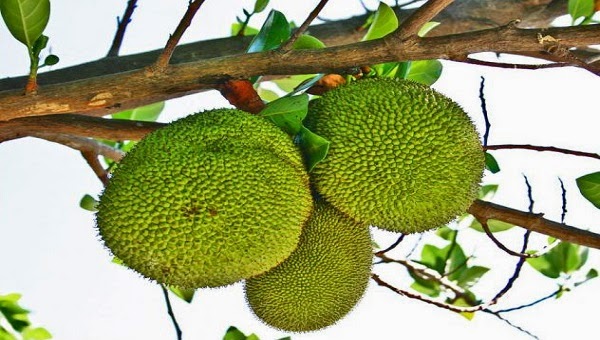Tuesday 14 May 2013
Kirsty Sword Gusmao
When Australian Kirsty Sword started a relationship with independence leader Xanana Gusmao she was travelling through East Timor under a pen name to evade Suharto's goons. Now her story has been made into a documentaryAlias Ruby Blade.
Unconventionally for an activist my love of Timor-Leste grew out of a tremendous fondness for Indonesia. In fact I started learning the Indonesian language at high school in central Victoria and went on to major in Indonesian studies at Melbourne and Monash universities. And so it was during my studies that I actually came to know a number of East Timorese dissidents who’d had to flee the country.
I had no idea of what was actually going on inside East Timor. Of course, the Suharto regime led the world to believe that the East Timorese were very happy as Indonesian citizens, and were doing much better as part of the Indonesian republic than they were as people of Portuguese Timor.
I travelled to Java and Bali in the mid-1980s, and over time also managed to get myself into East Timor, although it was a very, very closed place. It was not open to foreigners or even to Indonesian nationals without authorisation being granted. And so very little information about the actual conditions on the ground, the human rights situation, was coming out.
Through my friends at Melbourne University who were involved in the clandestine movement, I had access to reports coming out from student groups and from members of the armed resistance movement about terrible atrocities and human rights violations. It was a great revelation and not something that made me feel very comfortable or happy as an Australian—given the complicity of successive Australian governments.
I went in posing as a tourist in 1990, it was the only way to actually get in. I put my language skills to good use, I was able to chat up the Indonesian spies that were at the airport keeping an eye on the comings and goings. I was able to use my Portuguese language skills to send letters into the bush to members of the Falantil, led at that time by my now husband. I see it as my language skills that were my entry point for this love story with East Timor.
Anyone that was involved in supporting the independence movement and operating out of Indonesia required a pseudonym to protect their own safety and also the safety of other members of the network. I adopted Ruby Blade as a pen name when I was writing for a magazine called Inside Indonesia that’s still published out of Australia. And I used to contribute articles not only on East Timor but on socio-political conditions inside Indonesia itself back in the 1980s.
And I didn’t want not to be allowed back into Indonesia, and often the tone of this magazine was quite critical of the Suharto regime so I deemed that it was prudent to actually adopt a pen name. So I used Ruby Blade. Obviously, ‘Blade’ because of ‘Sword’, but Ruby just because it sounded Agatha Christie-like.
The suggestions that some journalists and filmmakers have made in recent years that I was a spy are rather romantic. I was actually a human rights activist and I was compelled to add my voice to the voice of very many people who were supporting the independence cause around the world at that time.
At the heart of our bond was this shared commitment to an independent East Timor, and I think I realised right from the beginning that this would never be a conventional relationship, that I would always play second fiddle to the nation, and that’s something that I’ve come to accept over time. And of course I have my own commitments and my own missions inside East Timor, mainly relating to the lot of women and children and their special needs.
The sacrifices we make today are a way of honouring the memory of those people that did suffer so greatly. And to honour the current generations that had so many hopes pinned on independence and its ability to fulfil their dreams, their dreams for good education, their dreams for a functioning health system.
Many people say to me, it must be a terrible burden and you make so many sacrifices and I say, Yes, indeed it is. But it’s also a tremendous privilege. It’s not everybody that gets the bird’s eye view of nation-building that I have, and to actually participate in that process.
And certainly with my diagnosis of breast cancer, I do have moments where I wonder to what extent the stresses and the strains of our existence has actually contributed to this.
The personal and the public have always coexisted for us, right from the beginning. And it’s just a question of balance. But I think the commitment that we’ve both made is a lifelong one.
Find out more at RN Drive.
http://www.abc.net.au/











No comments:
Post a Comment